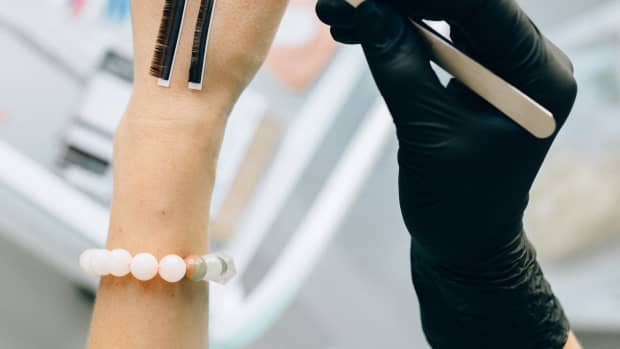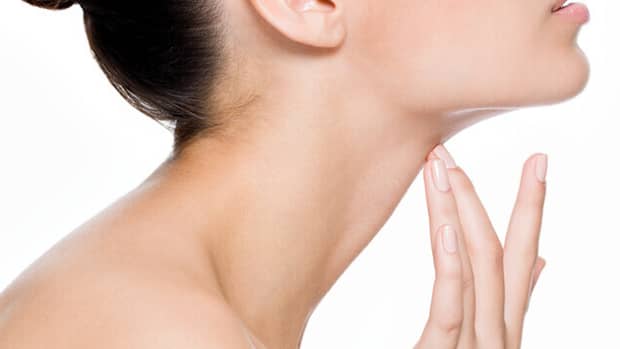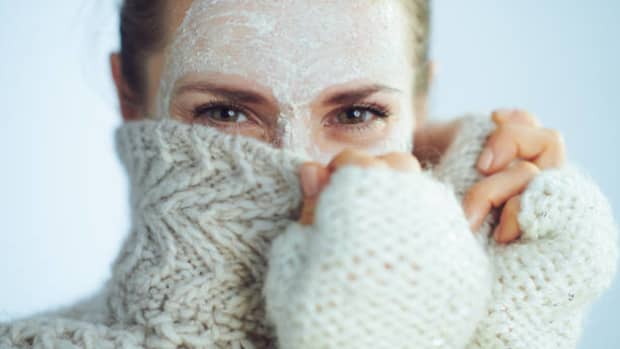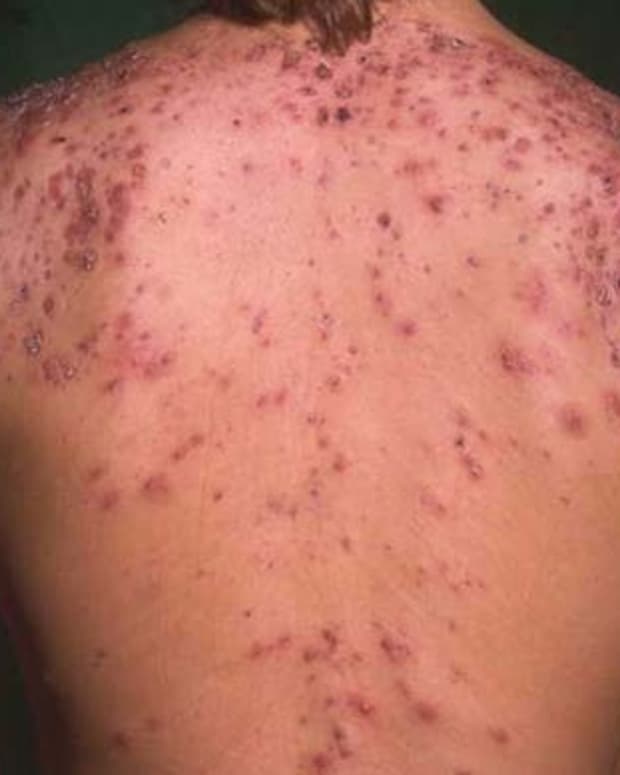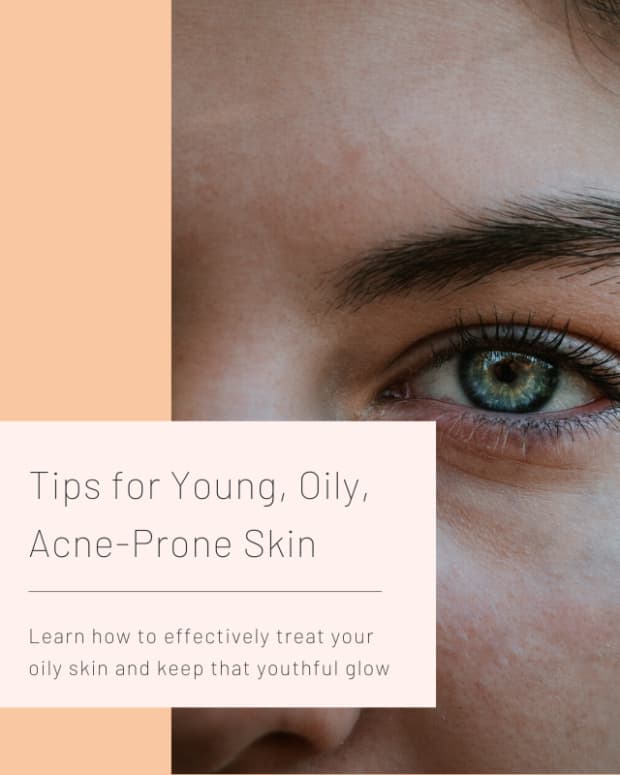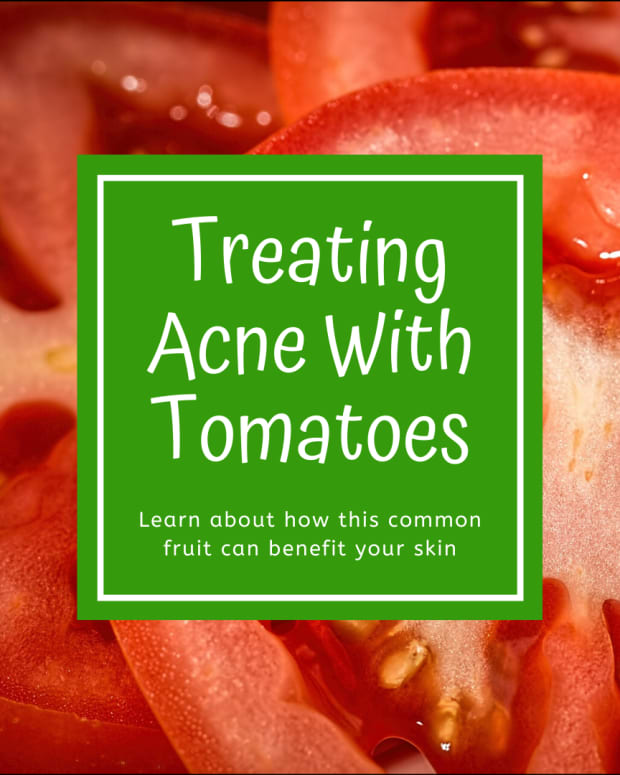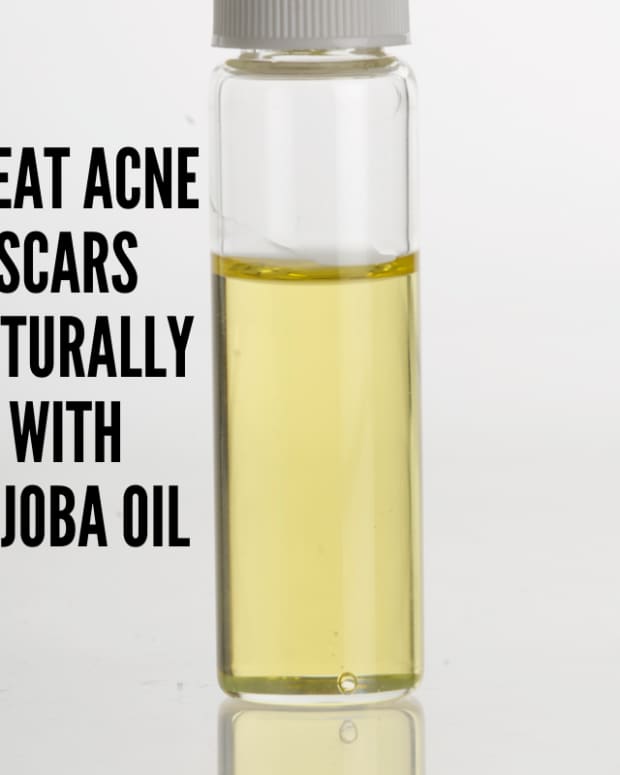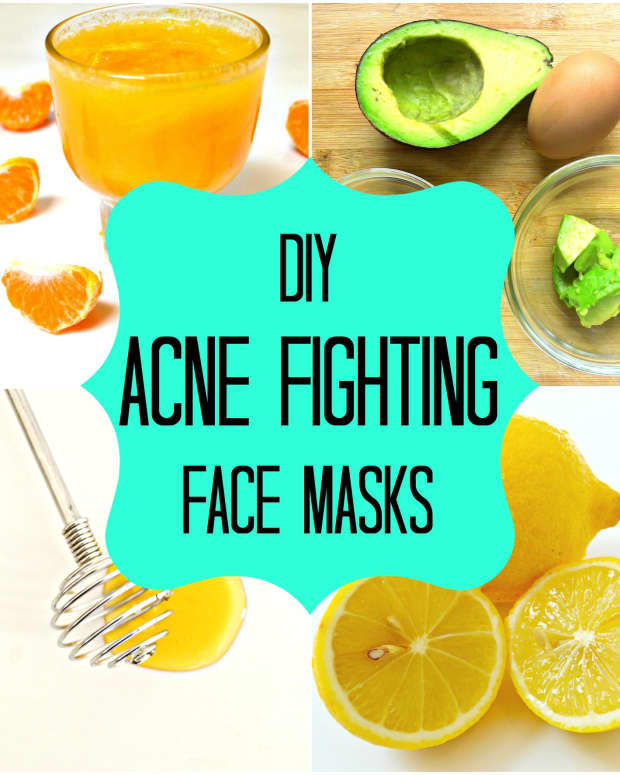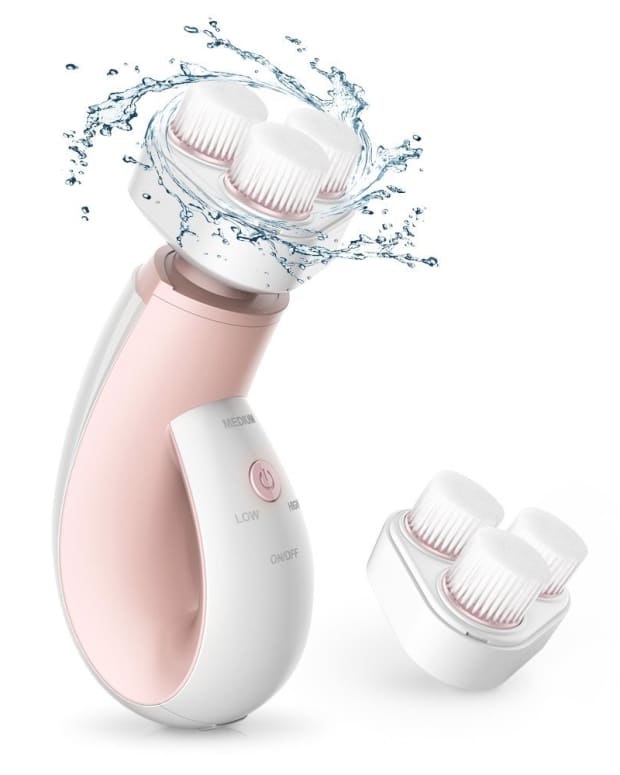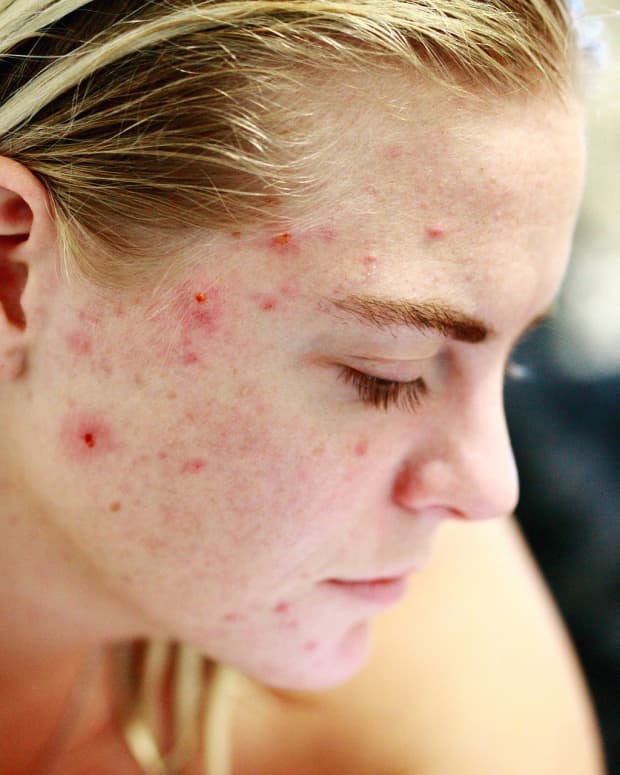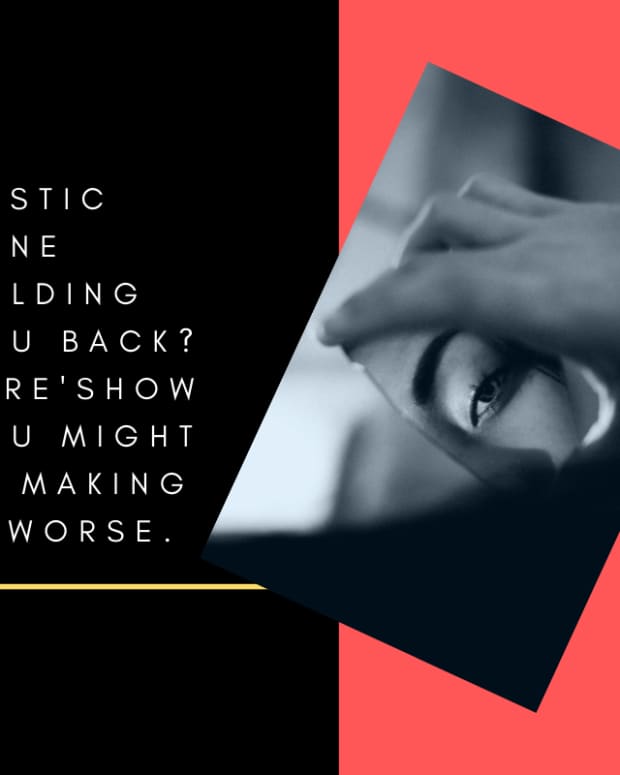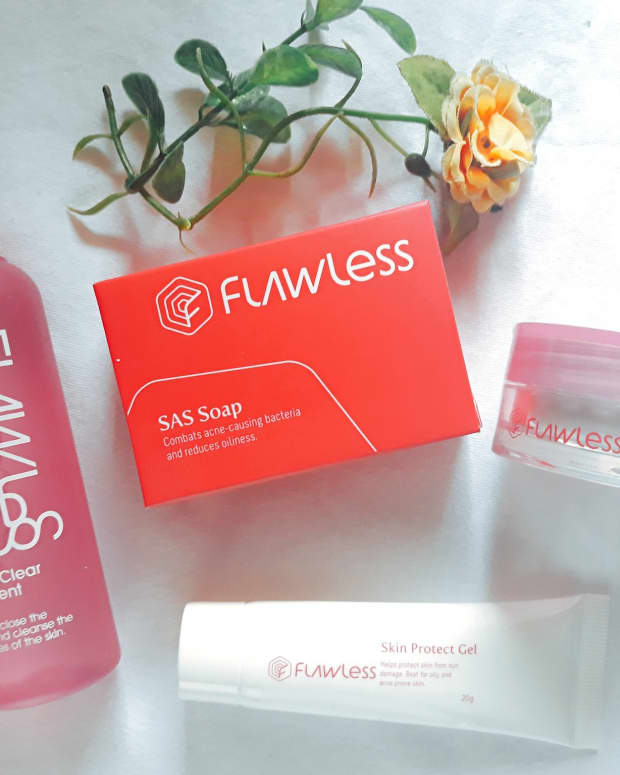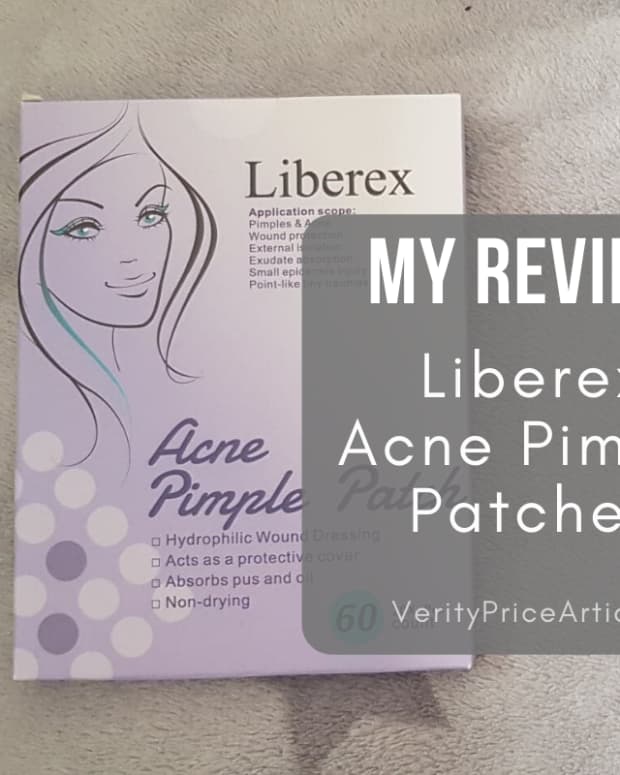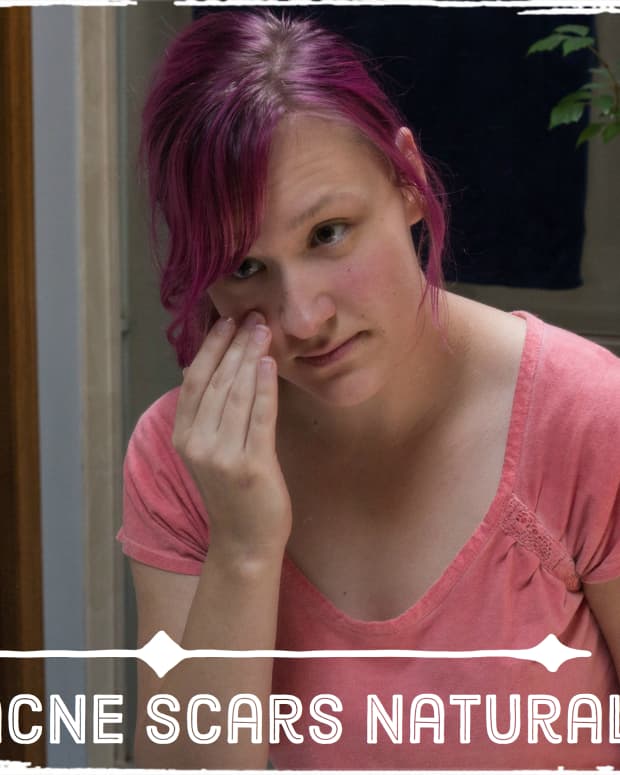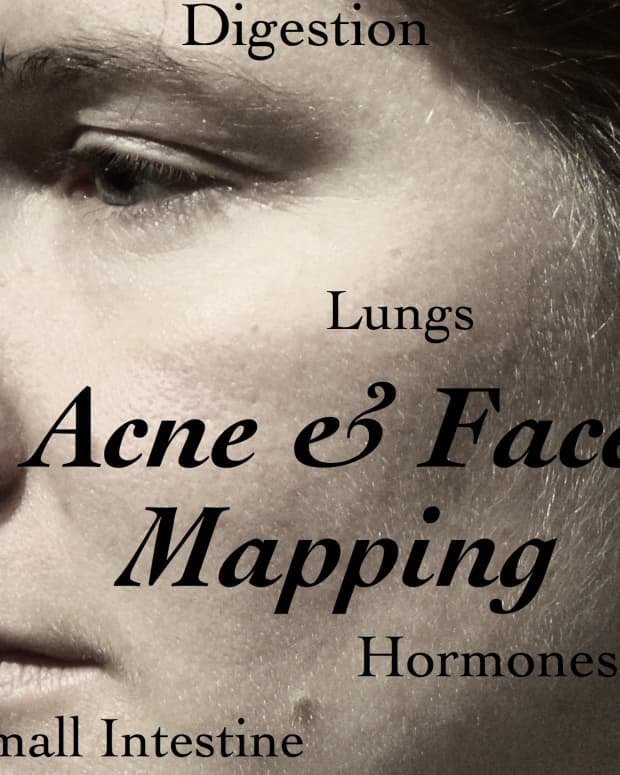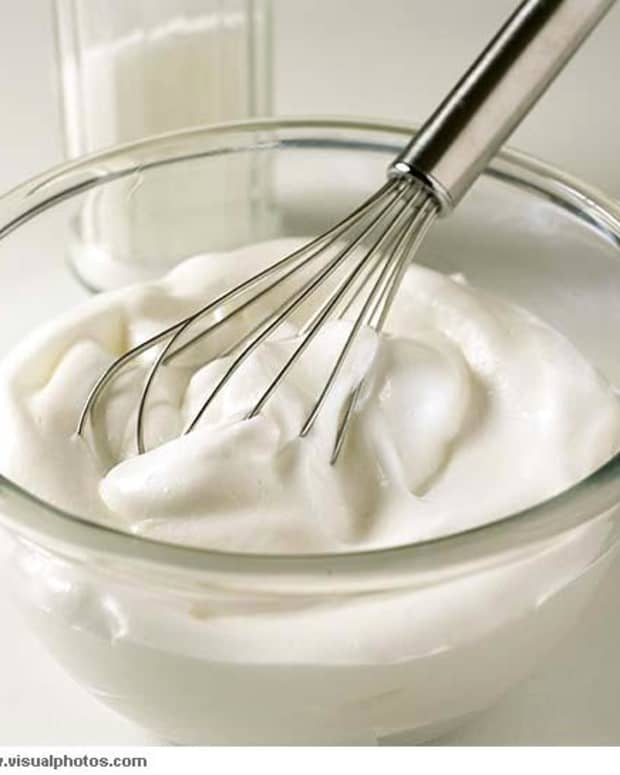How I Treated My Back Acne
Laura has a BSc in Adult nursing. She also has 17 years experience working in healthcare.
My Backstory (Pardon the Pun)
Throughout most of my youth, I suffered from severe acne on my face and back. My skin was forever red and angry and I was teased at school. However, I have learned a lot about skin health over the years, as a result of studying nursing at university and by working in healthcare. Some of this knowledge was also gained from experience and by evaluating research. I am not a Dermatologist, therefore I cannot promise you results. However, I hope some of this information will help you in some way.
Personal Hygiene
When growing up, I was made to believe that spots are caused by poor hygiene. For a self-conscious teenager, this was extremely disheartening since I would often face outbreaks, despite showering daily. Fortunately, this myth has been debunked in recent years (NHS, 2019) because bacteria is not the only cause of spots. However, the products you are using could be making your bacne worse.
Soap and Shower Gel
The type of cleanser you use may dictate the quality of skin cleansing. If a soap is too drying, it may cause the body to produce more oil to compensate; leading to more spots (Rosso et al., 2016). A cleanser that is too rich and creamy may also block the pores.
Body washes that claim to be 'non-comedogenic' are a good choice because these products will not clog the skin. Even some natural ingredients such as coconut oil and almond oil are known to block pores (Lees, 2013). Consequently, products claiming to be 'natural' are not necessarily the best choice for acne-prone skin.
Products containing salicylic acid are another good choice because this acid eats all the gunk inside your pores; preventing new spots from developing over time (Davis, 2018). Great for hard to reach areas your back, which are difficult to clean.
Laundry Products
Highly perfumed laundry products could potentially lead to skin irritation and exacerbation of acne if your skin is very sensitive (Jenkins, 2018). Whilst unscented detergent and fabric conditioner may not seem that appealing, you could give them a try if your back acne is severe. Please note that natural products can also cause skin irritation if you are allergic to them. For example, some essential oils can cause unwanted skin reactions for some people.
Hair Products
A nourishing, rich conditioner may do wonders for your mane, but some conditioners are highly perfumed and may contain ingredients that block pores. You could overcome this issue by rinsing your hair forward to minimise exposure with your back.
Serums and leave-in products are another consideration since silicones can cause breakouts in some people (Talakoub, 2016). This is especially problematic if you have long hair, since these products may transfer onto your back throughout the day. Once I switched to silicone-free hair products, this had a positive impact on my bacne.
Read More From Bellatory
Food and Drink
I was brought up on dairy, whilst growing up. As a self-proclaimed chocoholic, I admit that I consumed too much of it. When I overindulged, I noticed the pimples on my back getting worse. At the time, I blamed it on hormones. What I didn't realise, was that dairy can cause the human body to produce growth hormones, resulting in an increased production of skin sebum (Juhl et al., 2018). As you may know, too much sebum can be bad news for acne sufferers because it can cause pores to become blocked. When I reduced my dairy consumption, I noticed a dramatic difference in my skin. My bacne was not as angry or severe as before.
Recent evidence suggests that diet alone may not cause acne (NHS, 2019). However, there is evidence to suggest that milk may exacerbate it in some people (Dattner, 2016). Other evidence suggests that a diet high in refined carbohydrates may also make acne worse (Burris et al., 2017). This includes foods such as white bread, pasta and flour.
Regardless of the cause of your acne, a nutritious diet is proven to support skin healing (Singh et al., 2017). This is because the skin cells require nutrition to repair and regenerate itself. Consequently, this could determine how quickly your skin recovers from painful outbreaks.
References
- Burris, J., Rietkerk, W., Shikany, J.M. and Woolf, K. (2017) 'Differences in Dietary Glycemic Load and Hormones in New York City Adults with No and Moderate/Severe Acne', Journal of the Academy of Nutrition and Dietetics, vol. 117, no. 9, pp. 1375-1383 [Online]. Available at https://www.sciencedirect.com/science/article/abs/pii/S2212267217303349 (Accessed 05/10/2019)
- Dattner, A. M. (2016) 'Cross-Reactive Inflammation to Milk as a Causal Factor in Acne',Journal of Human Nutrition & Food Science, vol. 4, no. 4, pp. 1-5 [Online]. Available: https://pdfs.semanticscholar.org/9181/2c3b4b1e048172cea41f443ac67a3d0bee77.pdf (Accessed 05/10/2019)
- Davis, S (2018) 'Acne: On the road to clear skin', SA Pharmacist's Assistant, vol. 18, no. 3, pp. 31-32.
- Jenkins (2018) Cracking the Acne Code to Clearer Skin: Skin Rejuvenation with Acne-X-Factor, Estalontech.
- Juhl, C. R., Bergholdt, H., Miller, I. M., Jemec, G., Kanters, J. K., & Ellervik, C. (2018) 'Dairy Intake and Acne Vulgaris: A Systematic Review and Meta-Analysis of 78,529 Children, Adolescents, and Young Adults', Nutrients, vol 10, no. 8, pp.1049
- Lees, M. (2013) Skin Care: Beyond the Basics, 4th edn, New York, Cengage Learning.
- NHS (2019) Acne [Online]. Available at https://www.nhs.uk/conditions/acne/causes/ (Accessed 05/10/2019)
- Rosso, J.Q.D. and Zeichner, J. A. (2016) Advances in Acne Management, An Issue of Dermatologic Clinics, Pennsylvania, Elsevier.
- Singh, S., Young, A. and McNaught, C.E. (2017) 'The physiology of wound healing', Surgery, vol. 35, no. 9, pp. 473-477 [Online]. Available at https://www.sciencedirect.com/science/article/abs/pii/S0263931917301369 (Accessed 05/10/2019).
- Talakoub, L. and Wesley, N.O.(2016) 'Smooth hair – an acne-causing epidemic', Dermatology News, vol. 1, no.1, pp. 1-4.
This content is accurate and true to the best of the author’s knowledge and does not substitute for diagnosis, prognosis, treatment, prescription, and/or dietary advice from a licensed health professional. Drugs, supplements, and natural remedies may have dangerous side effects. If pregnant or nursing, consult with a qualified provider on an individual basis. Seek immediate help if you are experiencing a medical emergency.
Comments
Joanna on April 09, 2019:
Do I have to get it professionally removed, if do will it hurt?
Rayane on December 27, 2014:
Best solution to bacne, is to burn the ever lonivg shit out of your back!!! lay our face down in the hot sun untill your back is red as a lobster. Do this as much as possible in the summer, give it a few years of repeating and I can 100% garauntee you that it will be gone for the rest of yoour life.

